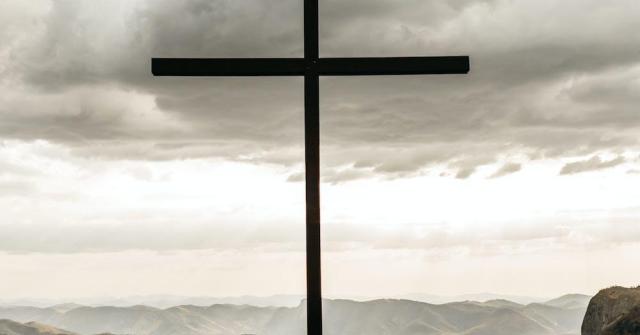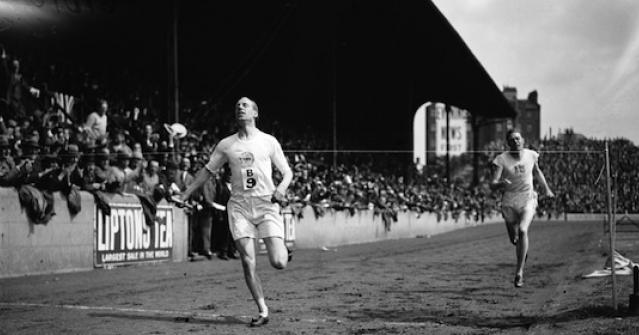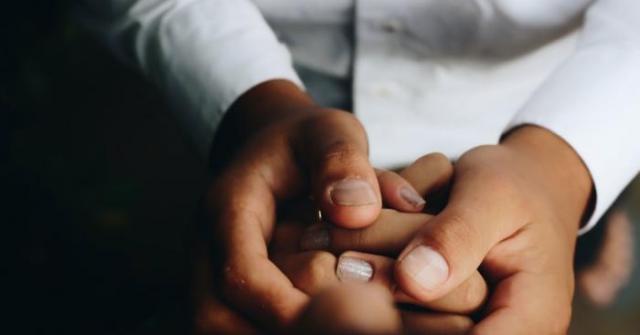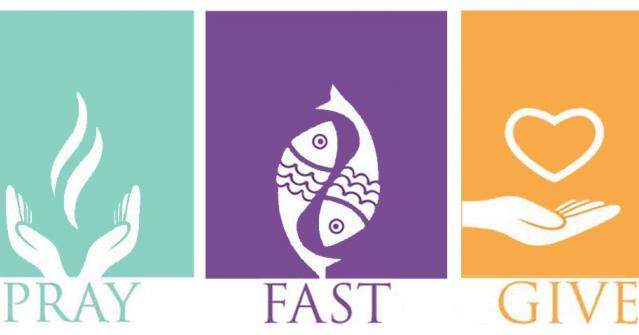
Our Father Considering community and unity.
“This, then, is how you should pray: “‘Our Father…” Matthew 6:9
It is intriguing that in the Lord’s prayer, Jesus instructed us as his disciples to address God as “Our Father,” not just “Father,” or “my Father.” Keep in mind that he has also just instructed us to go into our room alone when we pray so that we are unseen to all except our Father who “sees in secret” (vs 6). Of course, there is a time and place for praying with others, but whether with others or alone, by addressing God as “Our Father,” he is declaring that true prayer is always in community. What do we mean by this? In our individualistic society, this can be hard to understand.
Solitude and time alone are vital to our spiritual, mental, and emotional health in our distracted and over-stimulated world. Yet, solitude does not mean isolation. Thomas Merton wrote that contrary to the lie of individualism, we are not disconnected units, but rather, persons in the image of God. While each one of us is exquisitely unique with an unrepeatable story, essential to our humanity in the image of the Triune God is our connection to one another. Remember, in the creation story, the first thing that was “not good,” was a person being alone, and this was before humanity had sinned (Genesis 2:18). When we say, “Our Father,” we are declaring our interconnectedness as the Body of Christ.
Dietrich Bonhoeffer wrote that “the one who cannot be alone cannot be in community; the one who cannot be in community cannot be truly alone.” If this is true of us as simply being human in this world, how much more is this true of our “new humanity in Christ” where every wall of division is broken down (Ephesians 2:15). When we say, “our Father,” we are declaring that despite all our differences in this increasingly polarized world, whether they are theological, ethnic, political, or preferential, there is “one God and Father of all, who is over all and through all and in all…” (Ephesians 4:6). It is a reminder that like the high priest in the Old Testament (see Exodus 28), we as a community of priests never truly come into the holy of holies alone, but we come, bearing the names of God’s people on our hearts.
Action: When you are praying alone, practice taking some of your time to pray with first-person plural pronouns, that is, “we” and “us” in both praise and petition, and watch for how this impacts your posture in prayer and life.
Prayer: Our Father, thank you that you are the Father of us all, which means you are over us all, through us all, and in us all. Help us live more and more in the awareness of this each day.










